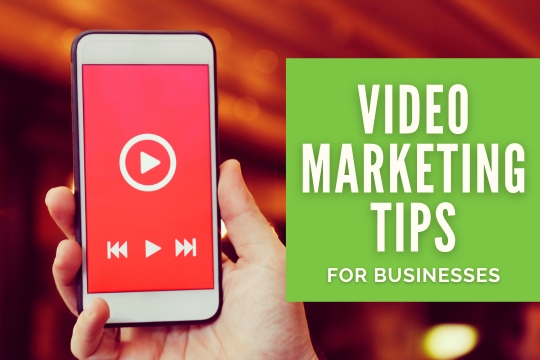Every hotel has a story. When a traveler chooses your hotel as their temporary home, they are buying more than just a room to stay in. They are purchasing a guest experience they want to immerse themselves in. Once on your premise, they are part of your story. Your hotel is the start and end of their journey every day. So you must put forth the right message in front of your consumers.
Is your hotel branding strategy reflecting the true story to your clients? Is it driving brand awareness, boosting brand recall, recognition, and bringing in rebookings and referred business?
4 Key Hotel Branding Strategies to Drive Growth in Your Hotel Business
1. Craft a strong brand narrative
Hotels are a treasure chest of experiences, and stories are a tool to create a deep-seated bond with your consumer. Make visual storytelling an essential part of your strategies. Capture the authenticity of your brand in visual content and let those content assets do the selling for you. You could create a hub of "magnet moments," which are bite-size videos or highly immersive images that capture specific moments and gives something to your consumer to resonate with.
Marriott is killing it with storytelling. They are the biggest producers of lifestyle content. Their "Two Bellmen" movie series portrayed the hotel as a source of entertainment while indirectly still selling guestrooms. Their movie, "French Kiss," drove $500,000 worth of booking in 60 days. This flood of growth was triggered by people wanting the same experience as the ones portrayed in the movie.
It's also imperative to remember that your hotel guests also hold the power to write your narratives. From the décor of your hotel, amenities, and perks to the interactions they have with your hotel staff, each plays a role in influencing that story that your guests will retell to their friends and families- your potential customers. Focus your efforts on treating each customer as the main character of the story and tailor experiences to their needs and wants.
2. Lead by value not price
Always striving to be cheaper than your competition is a sure-fire way to leave money on the table. The hotel industry is immensely competitive, and with so many hotel options available, your competitors won't think twice before offering a package cheaper than you. Rather than fighting for scraps at the bottom of the barrel, shift your strategy to a value-based model.
PWC interviewed 1,026 business and leisure travelers, and what they found was that business and leisure travelers are willing to spend anywhere from $23-$27 extra to book a stay at their preferred hotel.
Why would consumers go out of their way to spend extra to book a guest room, you ask? Because of customer satisfaction. People like to relive good experiences.
One of the most critical hospitality branding strategies you can adopt is to go the several extra miles to make sure that all your customer's needs are met, preferably even before they know they have one. Surprise your guests by giving them more than what they are paying for. This could be an option for late checkouts, an unexpected care package, greetings by name, or organizing social activities for guests to mingle.
3. Don't borrow your USP, create one
And make sure that it's unique and irresistible. It doesn't matter how well established your hotel is, or if it's a small B&B, you need a remarkably different Unique Selling Proposition that can act as the main selling point of your business.
If you have trouble zeroing in your USP, start with the three essential factors that dictate your consumer's choice about a hotel- Value, comfort, and location. Even if you can't hone in all three, you can outshine in one factor more than the other two, and still rake in bookings.
Keep in mind those three factors while your hotel develops its most salient benefit, and ask yourself these questions:
- Is your hotel in the center of the city's main attractions?
- Think about aesthetics, ambiance, and comfort- is there anything remarkable your hotel provides your guests with?
- If you were to compare your hotel to the cheapest hotel in your town, what value do you offer that can justify your higher price?
Keep your guests in mind while creating your USP. If most of your guests value being close to all the notable attractions more, then they wouldn't mind paying a little extra. If it's near a scenic place where your guests are coming solely for relaxation, then a comfort driven USP will be more attractive.
4. Infuse your branding in your social media assets
This is the #hashtag generation. When a customer plans to travel somewhere, they go to social media platforms like Instagram to see which 'micro-moments' resonate with them. The places that align the most with what they want to experience will get their business. Ask yourself how much budget and time you have to run your social media accounts and which social networks your customers access the most. If the majority of your customers are on Instagram, then that's where you need to be.
If you have a blog where you create a majority of your content, you should always recycle bits and pieces of that information throughout all your social media portals. Using quotes from your staff, or testimonials from your guests or short clips of your room are great ways to stay connected with your consumer digitally.
Making sure your hotel has a strong social media presence encourages user-generated content too. This is where your guests share experiences of their stay at their hotels and share them with their followers.



.jpg)




.jpg)


















